Energy Pioneers Podcast
Stories from the Pioneers of the Offshore Oil & Gas Industry
Energy Pioneers Podcast
Stories from the Pioneers of the Offshore Oil & Gas Industry
The Energy Pioneers Podcast is available on all major podcasting platforms, including the following
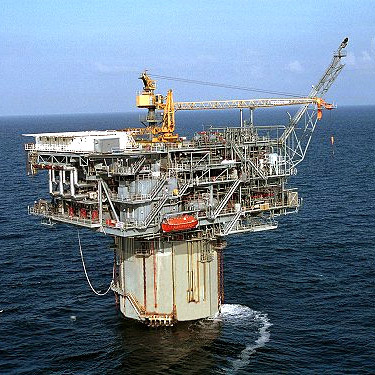
Episode 10: Don Vardeman and Neptune Spar
Don Vardeman championed successive applications of the production spar technology for deepwater development, and by his leadership in deepwater mega projects has provided an important example for Project Management in the offshore oil & gas industry. His untiring efforts in technology, academic and business societies, as well as his willingness to mentor colleagues and other young professionals have advanced the entire industry. Don successfully led Oryx Energy’s deepwater group to design, install, and operate the industry’s first production spar—named Neptune—in 1996 at Viosca Knoll 826. His team and that project revolutionized the offshore industry by developing an economical application for producing reserves in deepwater.
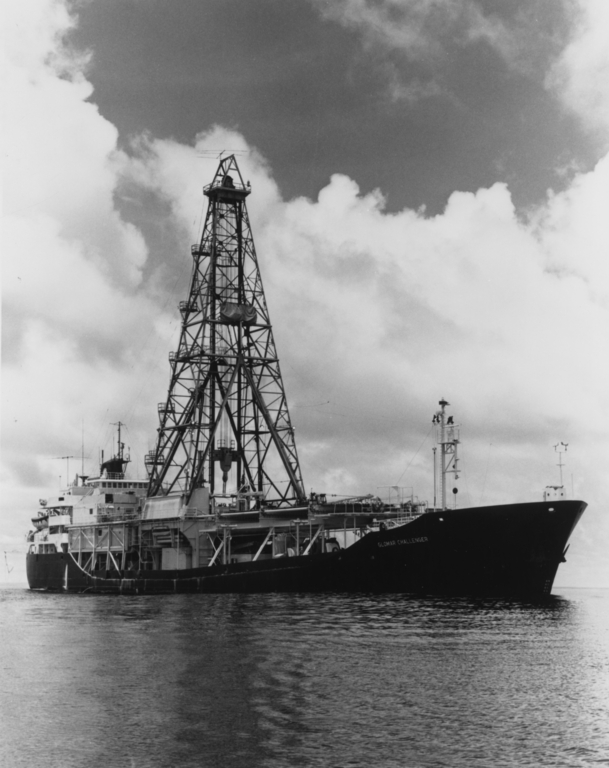
Episode 9: Curtis Crooke and the Glomar Challenger
The Glomar Challenger was one of the most important deep sea drilling ships ever built, not simply because of its influence on the modern-day drill ship technology for the offshore industry, but in a broader sense, it changed the way we understood Earth’s dynamic geological and climate history. The exploration work on the Challenger over 15 years of subsurface coring in the deep oceans and in the polar regions, led to our understanding of plate tectonics and what caused climatic events in the past, such as the ice ages and periods of global warming. The success of the Glomar Challenger is a great example of how industry innovation, matched with cutting edge science and engineering, can solve problems and advance civilization through exploration. Curtis Crooke, who was inducted into the OEC Offshore Hall of Fame in 2001, helped design this famous Glomar Challenger, and spent his career with Global Marine, one of the pioneering firms in drill ship technology that paved the way for deep water exploration in the second half of the 20th century.
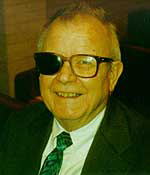
Episode 8: Jim Rike – “Father” of Coiled Tubing Technology
Jim Rike was a pioneer inventor and developer of drilling and completion technology. He is best known as the “Father” of coiled tubing technology, which initially involved winding a long continuous length of small diameter steel pipe on a large spool (as fishing line on a reel) and injecting the length into a well that may or may not be under well pressure. The end of the injected tubing was fitted with various tools to do work in the well. He was awarded several of the initial patents for coiled tubing, which has grown into a major part of oil and gas completion technology. He played a key role in development of many other completion and workover techniques and trained thousands of professionals throughout the world via his seminars and short courses. He authored many articles and technical papers (over 16), obtained 14 patents, served or chaired many technical committees and sessions, gave numerous speeches and lectures in his field of expertise, received numerous awards and was an international ambassador of upstream oil and gas technology.
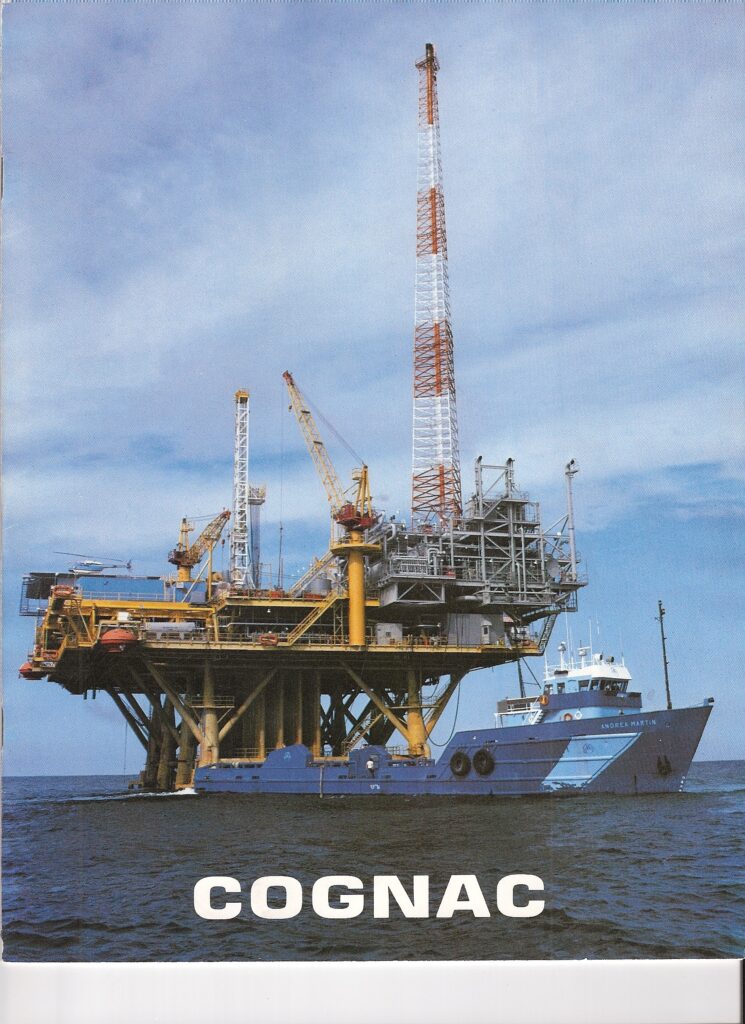
Episode 7: Gordon Sterling – Shell Oil’s Deepwater Trailblazer
For much of the industry’s history, deepwater meant the depth just beyond the tallest existing platform structure or the deepest drilling operation, at that time. Beginning in the mid-1970s and 1980s, engineers and project managers at Shell Oil took the concept of deepwater to greater heights with the installation of the Cognac and Bullwinkle fixed platforms in over a thousand feet of water. And a decade later, those same pioneers revolutionized the offshore industry with the successful development of the Tension Leg Platform, the TLP, in several thousands of feet of water in the Gulf of Mexico. Gordon Sterling, who was inducted into the Offshore Hall of Fame in 2016, had a hand to play to all of these historic deepwater projects as a top manager for Shell.
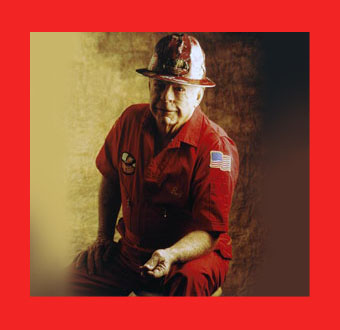
Episode 6: Paul “Red” Adair – Well Control Legend
Well control experts have played important roles in the oilfield through time. One name stands out, the feisty, fearless, fire-fighting legend from Texas Paul “Red” Adair. Red Adair’s remarkable career span nearly 60 years. In 1959, Adair went off on his own and co-founded the Red Adair Company, which specialized in extinguishing oil well fires and capping blowouts. His innovative approach to well control, combined with a fearless attitude, quickly earned him a reputation as the “Hellfighter”—the title to a 1969 Hollywood film, loosely based on his career. Red Adair and his well control team responded to nearly every major oil disaster and blowout in the second-half of the 20th century, from the Ixtoc oil spill to the Piper Alfa tragedy.
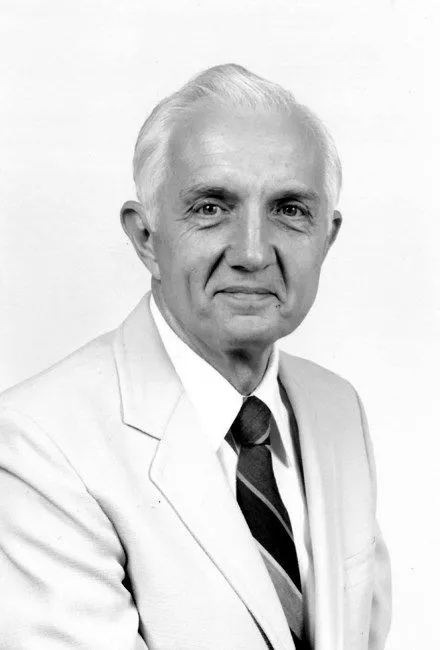
Episode 5: Griff Lee - Production Platform Pioneer
Griff Lee entered the offshore industry with a wave of expansion in the Gulf of Mexico in the late 1940s, when the first permanent structures of any sort to be operated in the open sea were designed and constructed. Working for New Orleans-based J. Ray McDermott, he helped develop the first generation of production platforms which were fabricated onshore, taken by barges to their sites, and then pinned to the ocean floor with piles. Since these first initiatives in the Gulf of Mexico, Lee has remained deeply involved in industry affairs, particularly in the creation of effective design standards through the standing committees of the American Petroleum Institute.
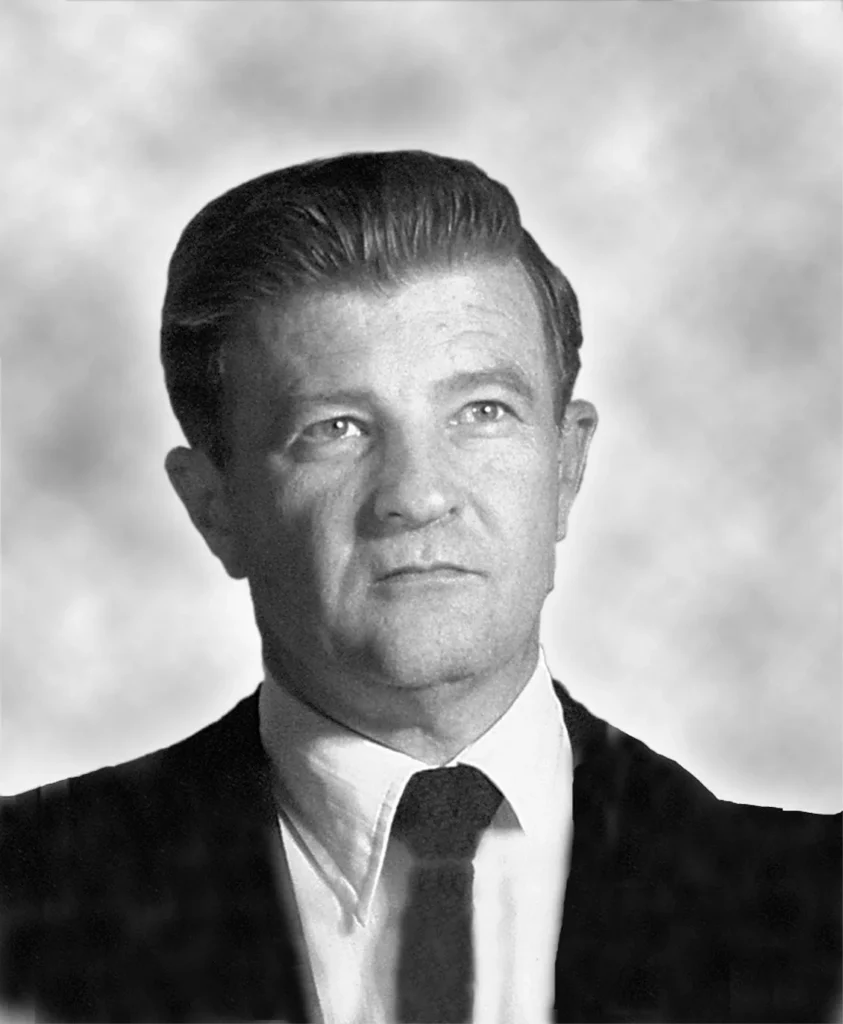
Episode 4: Bruce Collipp - Legendary Naval Architect
In this episode, we feature Bruce Collipp, a legendary naval architect with Shell who developed numerous pioneering technologies and techniques to conquer the offshore. He is given credit for the design of the first semisubmersible floating drilling rig, the Blue Water 1. His innovative ideas and designs made possible the creation of a new generation of mobile offshore drilling units—MODUs–that were capable of operating in deep water under harsh conditions.
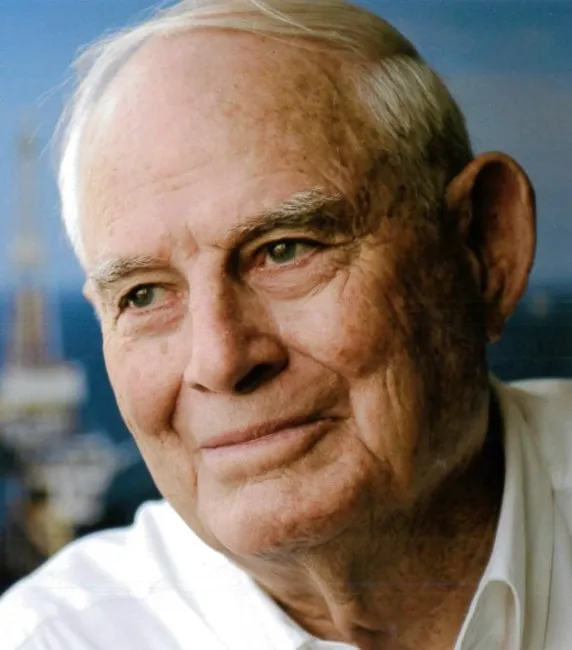
Episode 3: Alden “Doc” LaBorde—“Father” of the Offshore Industry
Throughout the history of this industry, there are a select few who have made significant contributions to business and technological innovation. These key individuals literally shaped the offshore industry. Doc LaBorde is one of them. He is considered by many to be the “Father of the Offshore Oil Industry.” LaBorde was involved in three successful offshore companies. He founded the Ocean Drilling and Exploration Company—ODECO–in the early 1950s, followed shortly thereafter with Tidewater Marine, and decades late, Gulf Island Fabricators. He is best noted for designing and operating the first submersible offshore drilling rig—the Mr. Charlie. This first mobile drilling unit revolutionized the offshore oil industry and led to the semi-submersible floating drilling vessels that have become the standard for offshore operations around the world.
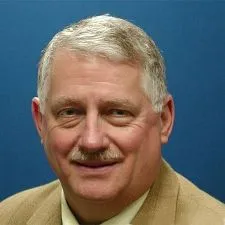
Episode 2: Mark Childers and Offshore Drilling
Mark A. Childers is an engineer, manager, inventor and pioneer in the development of offshore drilling and production. In 1972, Mark joined Ocean Drilling and Exploration Co. (ODECO), then one of the largest worldwide offshore drilling contractors, as a Staff Engineer, subsequently moving up to Operations Engineering Manager then Vice President/Chief Engineer in 1977. Five years later he was named General Manager/Vice President of Domestic Operations. He semi-retired from the industry in 2007, but continued to work in the business as a consultant well into his late 70s. Mark was responsible for many technical innovations and operating techniques affecting safety and drilling efficiency that led to Gulf of Mexico water depth and drilling depth records. Mark was most proud of developing and training ODECO’s young drilling engineers, many of whom became leaders in the industry. He is the recipient of many industry awards and spent several years as a spokesman on oil and gas business.
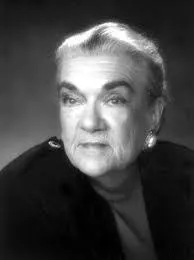
Episode 1: Margaret McMillan and Offshore Survival Training
Margaret McMillan was internationally recognized as an expert in the field of sea survival technology. She contributed to improvements in work vests, life jackets, and inflatable life vests. She spearheaded the development of the Marine Survival Training Center at the University of Louisiana at Lafayette and served as a consultant to that center. She was a founding member of the International Association for Sea Survival Training. She was founder and president of McMillan Offshore Survival Technology, and was involved in aquatics as a competitor, teacher, trainer and program innovator for many years. McMillan was the first woman to be inducted into the OEC Hall of Fame because of her pioneering efforts in the field of offshore safety, which benefit thousands of offshore workers.